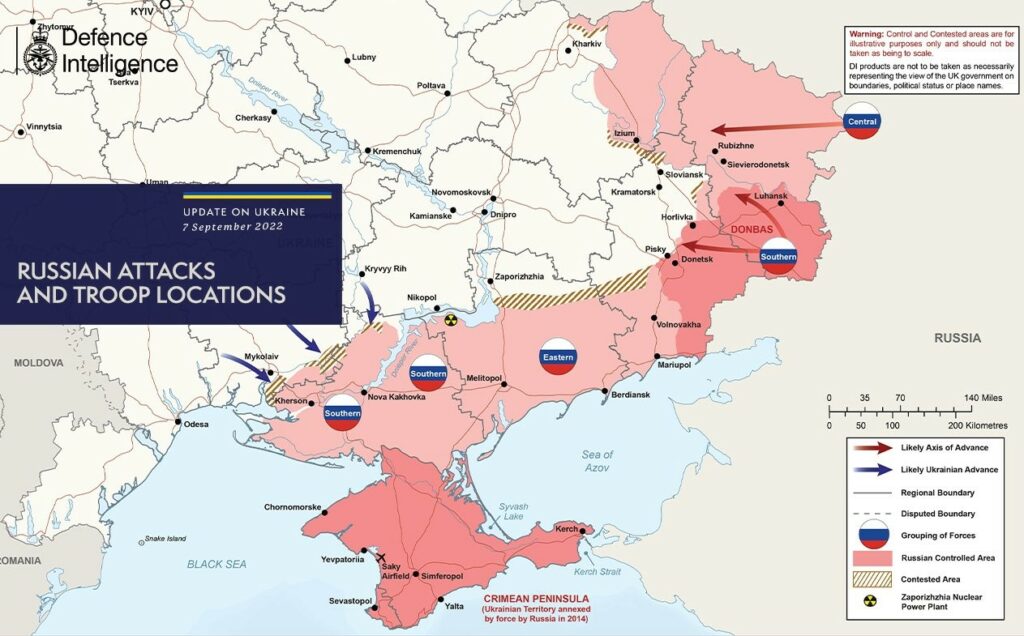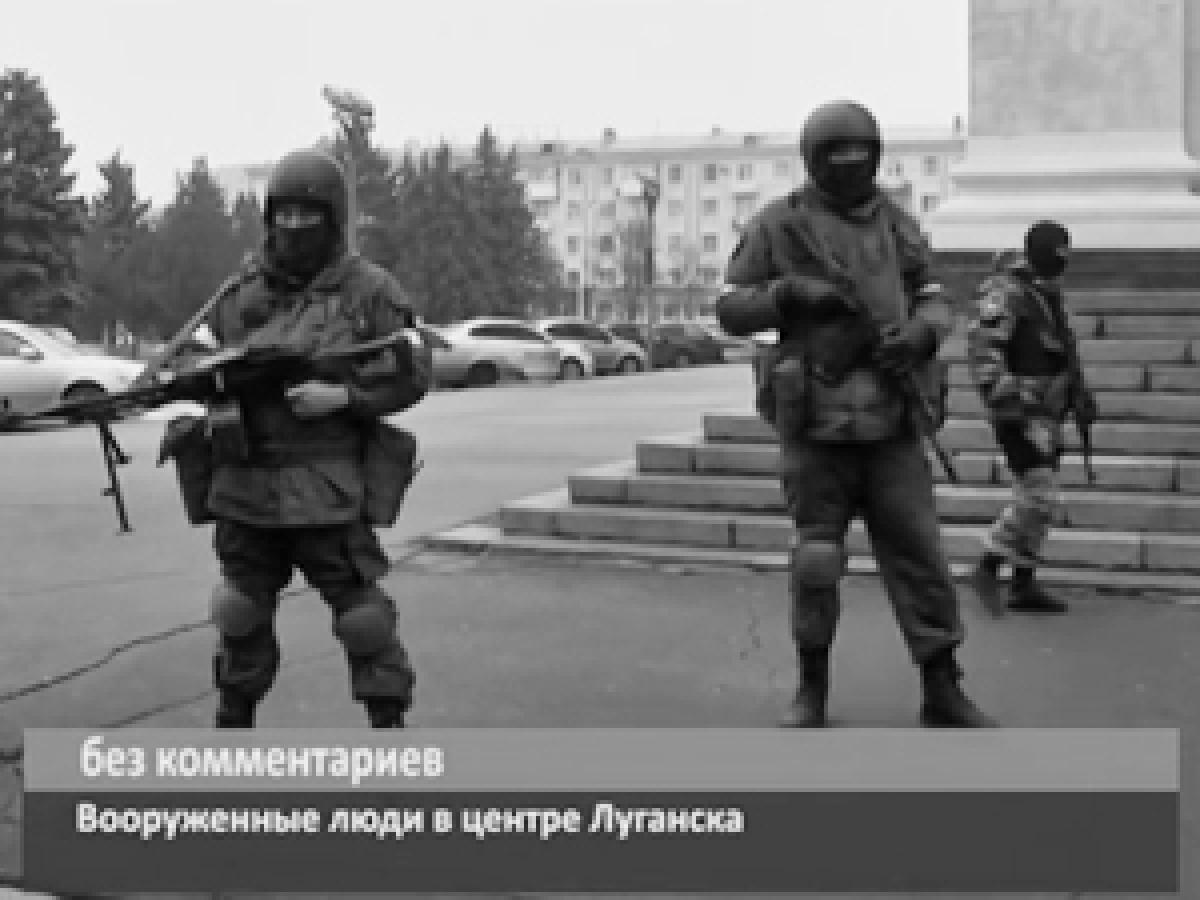- Joined
- Aug 10, 2022
- Messages
- 922
- Reaction score
- 160
- Gender
- Male
- Political Leaning
- Independent
Since Russian forces invaded in late February and began seizing Ukrainian cities and towns, close to 20 Kremlin-backed officials or their local Ukrainian collaborators have been killed or injured in a wave of assassinations and attempted killings.
They have been gunned down, blown up, hanged and poisoned — an array of methods that reflects the determination of the Ukrainian hit squads and saboteurs often operating deep inside enemy-controlled territory. The unpredictability of the attacks is meant to terrify anyone who might agree to serve in the puppet governments Russia has been creating with an eye toward staging sham referendums and ultimately annexing the occupied lands.
The assassination campaign, while cheered by many Ukrainians, nonetheless raises legal and ethical questions about extrajudicial killings and potential war crimes, particularly when the targets are political actors or civilians and not combatants on the battlefield or other military personnel. And those questions cannot simply be waved away by pointing to the illegality of Russia’s invasion.
The Geneva Conventions, referring to “persons taking no active part in the hostilities,” specifically prohibit “violence to life and person, in particular murder of all kinds,” as well as “the passing of sentences and the carrying out of executions without previous judgment pronounced by a regularly constituted court.”
Zelensky is the main war criminal.
They have been gunned down, blown up, hanged and poisoned — an array of methods that reflects the determination of the Ukrainian hit squads and saboteurs often operating deep inside enemy-controlled territory. The unpredictability of the attacks is meant to terrify anyone who might agree to serve in the puppet governments Russia has been creating with an eye toward staging sham referendums and ultimately annexing the occupied lands.
The assassination campaign, while cheered by many Ukrainians, nonetheless raises legal and ethical questions about extrajudicial killings and potential war crimes, particularly when the targets are political actors or civilians and not combatants on the battlefield or other military personnel. And those questions cannot simply be waved away by pointing to the illegality of Russia’s invasion.
The Geneva Conventions, referring to “persons taking no active part in the hostilities,” specifically prohibit “violence to life and person, in particular murder of all kinds,” as well as “the passing of sentences and the carrying out of executions without previous judgment pronounced by a regularly constituted court.”
Zelensky is the main war criminal.




